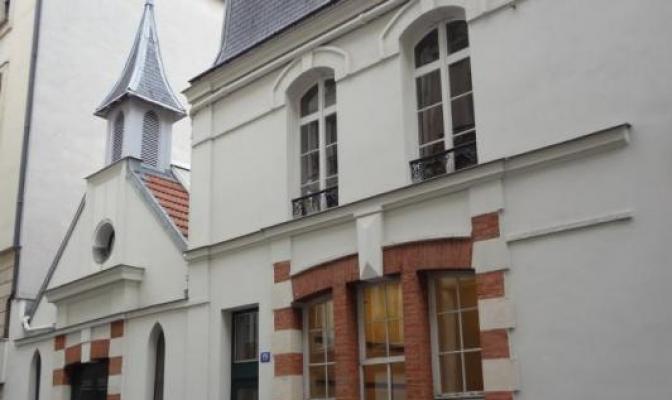The CSO, yesterday and today

 CSO, 19 rue Amélie, 75007 Paris, France
CSO, 19 rue Amélie, 75007 Paris, France
In the early 1960s, Michel Crozier assembled a group of young researchers who were to become the core of his team. They took up residence in 1962 on the rue Geoffroy Saint Hilaire, at Paris, in the Jean Moulin Club building, of which Crozier was an active member. The group’s research on French administration, which started in 1964 with funding from the DGRST*, gave the group a sense of solidarity. It was then recognized by the CNRS as early as 1967, and took the name “Center for the Sociology of Organizations” in 1970, to become an autonomous CNRS research group in 1975.
Crozier managed his team like a “small-business owner,” welcoming students who wanted to learn the craft of sociology by participating in fieldwork organized by the researchers in the team. The initial training provided at the CSO was drawn from the Association for the development of the applied social sciences (ADSSA), a non-profit organization created by M. Crozier, H. Mendras, and J.D. Reynaud. Beginning in 1975, the ADSSA was accredited as a master’s degree-granting institution, and it became the undergraduate sociology department at CSO. At the time, research at the CSO was on State reform and decentralization, as well as organizations in industry and administrative services. These studies were funded by the General directorate for scientific and technical research (DGRST), as well as the Maison des Sciences de l’Homme (Institute for human sciences) and Committee for the Organization of Applied Research on Economic and Social Development (CORDES), or by the commissioners themselves (EDF - in french, SNCF - in french, CAF - in french - , St Gobain - in french). Final reports gradually evolved into publications. In addition, the first CSO-trained students defended their dissertations at the time (1 in 1977, 3 in 1979).
In 1979, the team went through further changes – several researchers left the CSO and five joined its ranks over the following decade – and it took up house at 19 rue Amélie, Paris. As the number of dissertations grew, new research areas emerged: services and innovation. Throughout the 1980s and ‘90s, researchers increasingly collaborated with consulting firms, which resulted in research contracts and employment opportunities for students. In 1990, a major colloquium was organized at Cerisy on the work of Michel Crozier, which took stock of organizational sociology’s contribution. From its inception, the CSO has been resolutely international, participating in a number of scientific networks and hosting the European Group for Organizational Studies (EGOS - in french) secretariat for four years (1992-96), in the same way that today Society for the Advancement of Socio-economics (SASE) operates under its roof.
Major shifts were to come for the CSO in the 2000s. In 2001, after years of close collaboration, especially in teaching, the CSO officially became a Sciences Po research center and a mixed research unit (UMR) of the CNRS. In 2005, with the backdrop of European education reform, the Master's in sociology came in line with the requirements of other countries and the CSO was called on to play an increasingly active role in teaching at Sciences Po. Being both a Sciences Po and CNRS research center brings CSO researchers better financial resources and strong administrative support. Most of the research contracts are now financed by public bodies or governmental agencies. But the greatest changes can be seen in the composition of the research team: starting in the year 2000, its ranks have grown consistently thanks to the inclusion of researchers from diverse backgrounds. With training from other institutions, these scholars bring to the CSO knowledge from other fields of sociology (political sociology, economic sociology) and other disciplines (history, political science). Thus, they have provided new perspectives for longstanding research topics (regional studies, healthcare, public policy, among others) and have taken the CSO into previously unexplored territory (markets and professions, for instance). And lastly, new methodologies are being applied at the CSO: interviews remain the focus, but now other qualitative and quantitative methods complement them.









